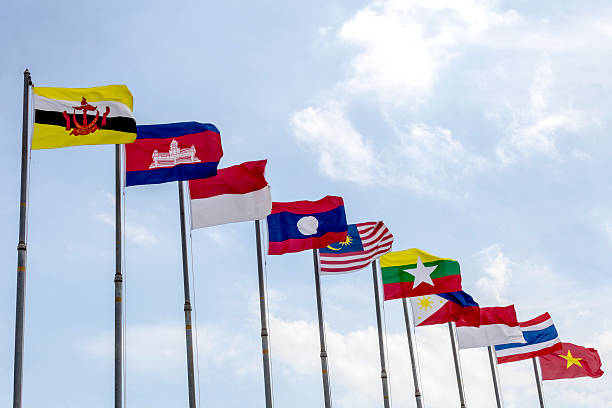PH not expected to hurt as badly from Trump’s reciprocal tariffs

On April 2, United States President Trump unveiled a sweeping 10-percent tariff on all imports to the United States and higher levies across countries with which the United States has the largest trade deficits. Given that the Philippines is a net exporter to the United States, our exports will now be charged a tariff rate of 17 percent.
The stock market fell last week as a blanket tariff of 17 percent on all Philippine exports to the United States will automatically lead to higher prices, which, in turn, would theoretically lead to weaker sales. This would hurt the economy, especially since the United States is our largest export market.
However, upon further analysis, the potential impact of Trump’s reciprocal tariffs on the Philippines may not be as bad as initially feared.
Although the United States is our largest export market, accounting for 16 percent of our total exports, the value of our exports to the said country is only equivalent to 2.7 percent of our gross domestic product. This is because, unlike most Asian countries, the Philippines is not an export-dependent country. Consequently, even if the value of our exports to the United States declines, the potential impact on our economy won’t be significant.
Moreover, the reciprocal tariff imposed on Philippine exports is much lower compared with those imposed on other Asian countries. Note that the rates charged to our Southeast Asian neighbors are 49 percent for Cambodia, 48 percent for Laos, 46 percent for Vietnam, 36 percent for Thailand and 32 percent for Indonesia. Only Singapore was slapped with a lower tariff rate of 10 percent.
Meanwhile, reciprocal tariffs charged to other Asian countries are 34 percent for China, 32 percent for Taiwan, 26 percent for India, 25 percent for South Korea and 24 percent for Japan.
Given the significantly lower tariffs charged on Philippine exports, our products will become more competitively priced compared with those of our other Asian neighbors. We could potentially benefit as some US buyers may shift their orders to the Philippines to take advantage of the resulting discount brought about by the tariff differential.
We could also see more companies investing in the Philippines to enjoy our lower tariff rates. The recent passage of the CREATE MORE (Corporate Recovery and Tax Incentives for Enterprises to Maximize Opportunities for Reinvigorating the Economy) Act will make it even more attractive for foreigners to invest in the country.
Because of these reasons, the potential impact of Trump’s reciprocal tariffs on Philippine economic growth will most likely be minimal. As such, any sell-off of the local market should be viewed as an opportunity to accumulate stocks at even cheaper prices.




















